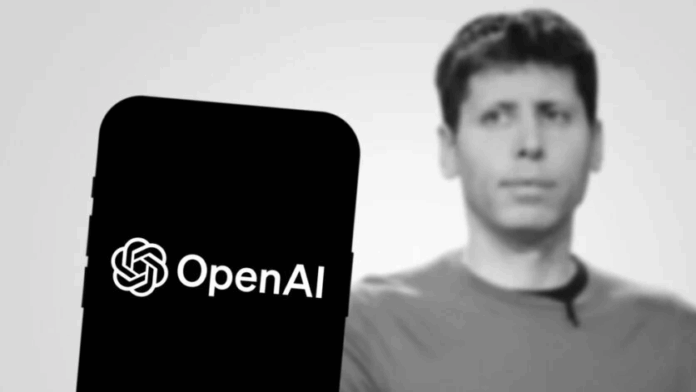ChatGPT maker OpenAI is preparing to roll out a standalone application for Sora 2, its next-generation video creation model, according to documents reviewed by WIRED.
The app features a vertical feed interface with swipe navigation that mirrors TikTok’s design. However, the difference is that every piece of content is AI-generated, the newswire reported on Monday (September 29).
The application, which launched internally last week, has been used by OpenAI employees, according to WIRED. Some managers have expressed concern about the tool becoming a distraction, the report said.
Sora 2 will reportedly allow users to create clips of up to 10 seconds. Unlike traditional social video platforms, the app doesn’t permit uploads from camera rolls or other applications. Instead, it relies entirely on text prompts to generate content through OpenAI’s video model.
The app includes a recommendation algorithm that shows content through a TikTok-style “For You” feed. Users can interact with videos through likes, comments and a remix function that allows them to edit existing clips.
One feature of the app is an identity verification system that lets users confirm their likeness for use in generated videos. Once verified, the system can create videos featuring that person’s appearance. Other users can tag verified individuals and use their likenesses into clips. Users will be able to receive alerts whenever their likeness appears in content, even if the video remains unpublished in draft form.
However, content moderation presents challenges for the new app, according to WIRED. The system frequently blocks video generation requests due to copyright safeguards and other filters, sources told the news outlet. OpenAI, led by CEO Sam Altman, already faces multiple copyright infringement lawsuits, including cases filed by The New York Times, comedian-writer Sarah Silverman, Game of Thrones author George R.R. Martin, and German music licensing organization GEMA.
The timing of OpenAI’s move into social video coincides with talks about TikTok’s future in the US. US President Donald Trump recently signed an executive order providing the legal framework for a “qualified divestiture” that would transfer majority control of TikTok’s US operations to American investors.
The executive order, titled “Saving TikTok While Protecting National Security,” sets the structure for a deal that would allow TikTok’s 170 million users in the US to continue using the app.
The launch of OpenAI’s new app also comes amid increasing competition with tech giants Meta and Google. Last week, Meta introduced Vibes, a feed within its Meta AI application that is dedicated to AI-generated short videos. Meanwhile, Google announced earlier this month that it would integrate Veo 3, its latest video generation model, into YouTube.
OpenAI’s fully-AI approach contradicts that of TikTok, which recently updated its policies to prohibit AI-generated videos on “matters of public importance or harmful to individuals.”
In July, OpenAI declared that it will sign on to the European Union’s voluntary AI Code of Practice, which includes restrictions on how AI companies can collect copyrighted content.
Music Business Worldwide


